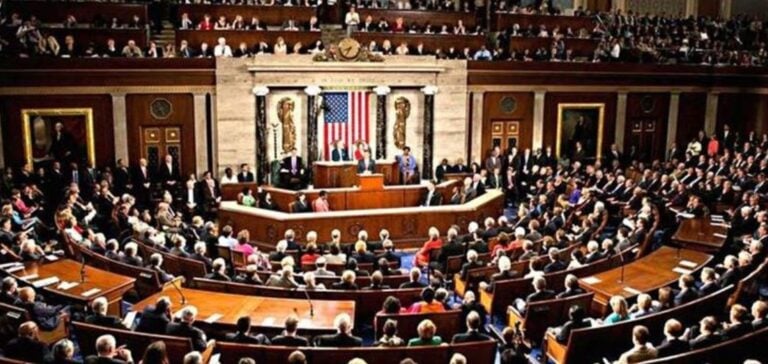U.S. Senate Democrats, led by Senate Majority Leader Chuck Schumer, have sent a letter to Attorney General Merrick Garland calling for a full investigation into potentially anti-competitive practices in the oil and gas sector. This request is based on investigations by the Federal Trade Commission (FTC) into a recent mega-merger that revealed practices aimed at artificially inflating prices. These investigations, linked to ExxonMobil ‘s $60 billion takeover of Pioneer Natural Resources, brought to light conversations between Pioneer CEO Scott Sheffield and OPEC+ members, in which they discussed production strategies to support prices. The senators stressed that such practices could have significant economic consequences, including higher prices for gasoline, diesel and heating oil, hitting American households and businesses hard.
Accusations of Anticompetitive Practices
The FTC collected evidence, including private conversations and SMS messages between Sheffield and OPEC officials, in which they discussed prices and production. According to the senators, these exchanges have led to a significant reduction in production in the United States, causing a notable rise in fuel prices since the start of the COVID-19 pandemic. Prices were also influenced by the war in Ukraine, which broke out in February 2022. The FTC investigation led to Scott Sheffield being barred from serving on ExxonMobil’s board of directors, as a condition of merger approval. However, Sheffield and his lawyers dispute these accusations, claiming that the FTC presented erroneous evidence, thus unfairly defaming Sheffield.
Repercussions and reactions
A conviction for price fixing could result in fines of up to $1 million and prison sentences for individuals, as well as $100 million in fines for companies. Pioneer’s response to the accusations was to call them fundamentally flawed, arguing that the FTC misunderstands the dynamics of the US and global oil markets.
Democratic senators are stepping up the pressure on the oil giants, accusing them of keeping prices artificially high to the detriment of consumers. This move comes in a tense political context, in the run-up to the US presidential election in November, where energy and environmental issues are at the heart of the debate.
The senators’ call for a full investigation into a possible price cartel in the oil industry highlights the continuing tensions between regulators and the sector’s major companies. As the FTC continues its investigations, the results of this inquiry could have significant repercussions on the regulation of the oil market and the practices of companies in the sector. This situation also highlights the need to closely monitor interactions between energy companies and regulators to ensure a fair and competitive market.






















